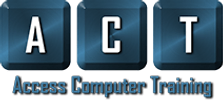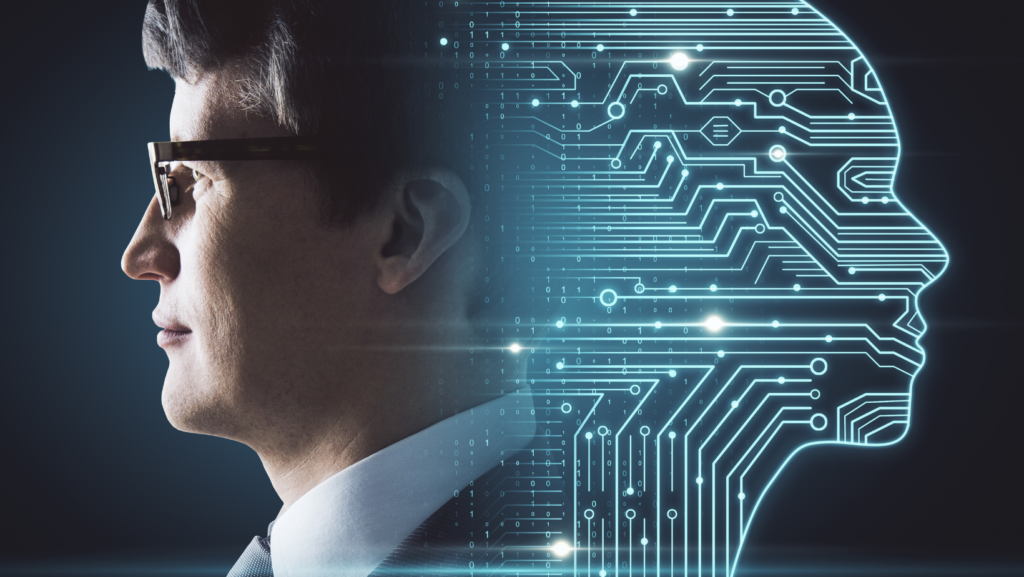The landscape of work is undergoing a seismic shift. Two major forces are at the forefront of this transformation: the rise of remote work and the integration of artificial intelligence (AI) into the workplace. This blog delves into how these trends are reshaping the nature of jobs and what they mean for the workforce of tomorrow.
Remote Work: A New Normal:
The concept of remote work, once a perk, has become a staple in many industries. The COVID-19 pandemic accelerated this shift, demonstrating that many jobs can be done effectively from anywhere. This transition to remote work brings several benefits, including greater flexibility, reduced commute times, and access to a broader talent pool unconstrained by geographic boundaries.
AI in the Workplace:
AI is no longer just a buzzword; it’s a reality in many workplaces. From automating routine tasks to providing sophisticated data analysis, AI is enhancing efficiency and enabling employees to focus on more creative and strategic tasks. However, it also brings challenges, including the need for new skills and concerns about job displacement.
Hybrid Work Environments:
Many organizations are adopting a hybrid model, combining remote and in-office work. This approach allows for flexibility and collaboration, catering to diverse employee needs and work styles. It also necessitates rethinking office space, team dynamics, and management strategies.
Skills for the Future:
As the work landscape evolves, so do the skills required. Digital literacy, adaptability, and continuous learning are becoming essential. Soft skills like communication, collaboration, and problem-solving are also increasingly important, especially in remote and AI-integrated settings.
The Role of AI in Job Creation:
While AI may automate certain tasks, it also creates new job opportunities. Roles in AI development, data analysis, and tech support are on the rise. Moreover, AI can augment jobs, allowing professionals to achieve more than they could unassisted.
Navigating the Challenges:
The transition to remote and AI-assisted work isn’t without its challenges. Issues like cybersecurity, maintaining work-life balance, and managing remote teams require careful consideration and proactive strategies.
Conclusion:
The future of work is here, and it’s marked by flexibility, digital integration, and AI assistance. By embracing these changes, organizations can unlock new levels of productivity and innovation. As individuals, adapting to this new landscape involves embracing lifelong learning and flexibility, ensuring we remain valuable in an ever-evolving job market.







